In October 2022, Bill Gates discovered he had become a grandfather, an event that profoundly impacted his work. In his blog, Gates Notes, he wrote that this newfound inspiration drove him to ensure a better future for all children and grandchildren. Gates, a visionary, often imagines a brighter world ahead. In a February 2024 podcast, he shared a thought-provoking question he would ask a time traveler from 2100, inviting us all to reflect and ponder.
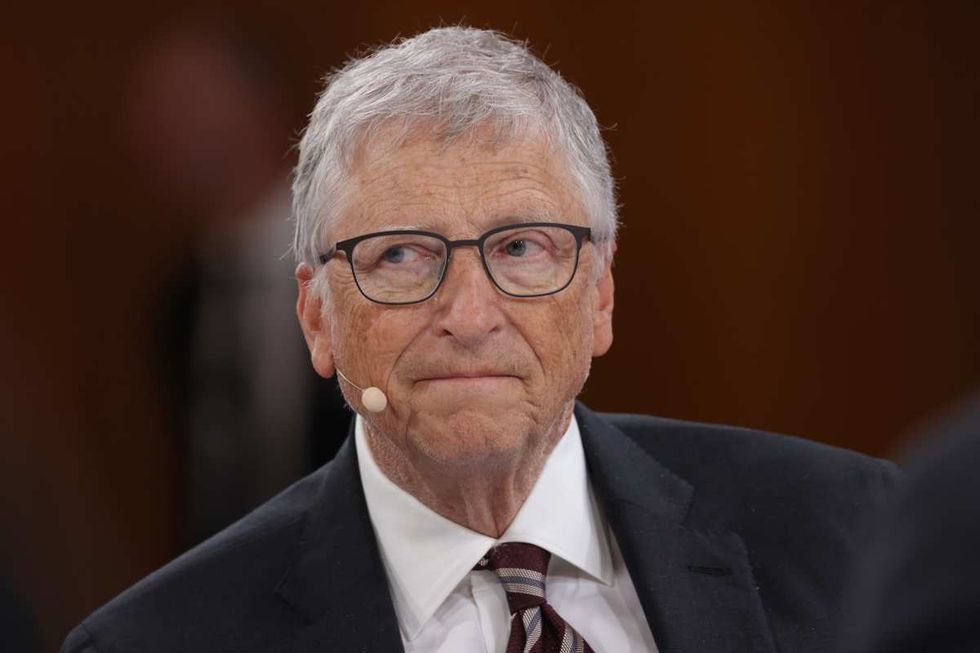
Gates is already known as a visionary whose work and philanthropy have filled the world with breakthrough innovations. Over the past few years, his non-profit organization, the Gates Foundation, has been working on causes relating to climate change, energy, health, AI, gene therapy, poverty, inequity, and more. In an episode of Gates’ “Unconfuse Me” podcast early this year, Gates conversed with a guest named Hannah Ritchie, a University of Oxford data scientist and a researcher at Our World in Data. They talked about Ritchie’s latest book “Not the End of the World,” which unfolds some remarkable insights and research-based solutions on sustainability, environmental problems, income crisis, and overpopulation.
In the initial portion of the episode, the two speakers discussed topics ranging from climate change to air pollution, waste management in low-income countries, and decarbonizing food and agriculture. They reviewed the hazards of coal usage and talked through the crisis of plastic pollution in oceans.
As the episode was about to wrap up, Gates asked a thought-provoking question from Ritchie, “If you had the opportunity to ask somebody who had time traveled from 2100, what would be your top questions for them?” In response to his question, Ritchie said, “I think one of my top questions would be ‘What share of the world is living on less than $20 a day?’”
She elaborated this by saying that when she looks into the future, what she wants to see is “a world where most people, or everyone in the world, is living a comfortable life.” Giving precise figures, she added, “I’d want to know how many people are able to live on $20 a day, or a $30 a day, which is kind of the poverty line in rich countries. Now if low-and-middle income countries are managing to reach that level of income, I think that would be an amazing achievement.”
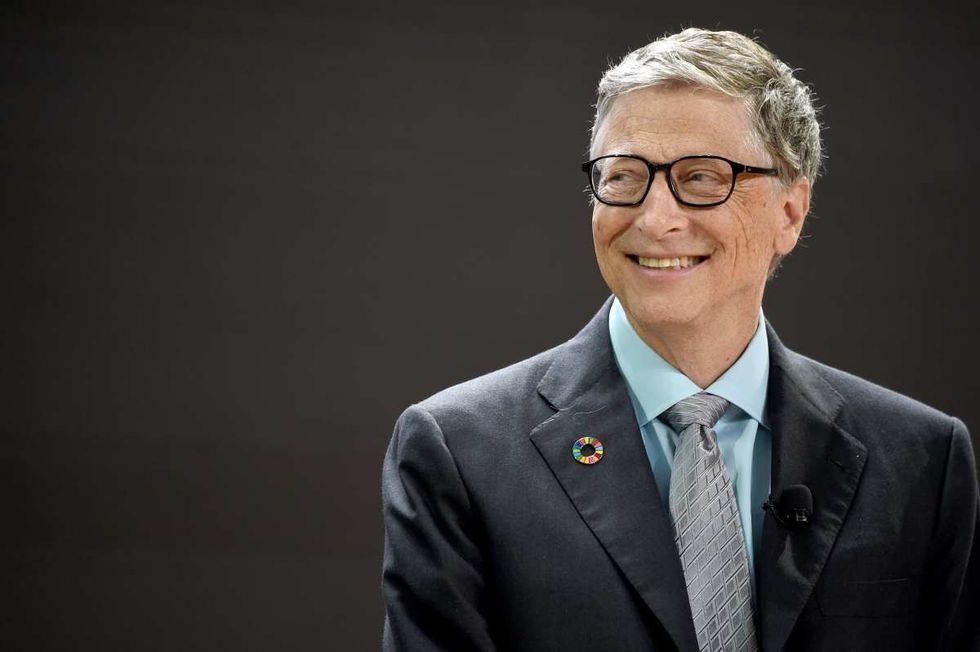
She further said that if the possibility of people living on $20-$30 a day, becomes reality, it would signal several things. One, it would indicate that considerable progress has been made in health, agriculture, and poverty. Secondly, it would demonstrate how well the environmental problems are being tackled.
Ritchie believes environmental problems and poverty are interlinked. And she is true. According to the UN Environment Programme, 70% of the world’s poor population draws upon natural resources for most of their livelihoods. The result is, that these natural resources are rapidly exhausting across the globe, further leading to problems like plastic pollution, climate vulnerability, growing resource demands, etc.
Gates, himself, is known as a poverty control humanitarian and a climate change optimist. He has committed over $1.8 billion to fight poverty and hunger. Plus, he founded the climate investment firm Breakthrough Energy and donated millions through the Bill and Melinda Gates Foundation for environmental causes, per Fortune. Furthermore, he signs a $10 million check each year to carbon capture company Climeworks, a technology dedicated to removing CO₂ emissions in the air.
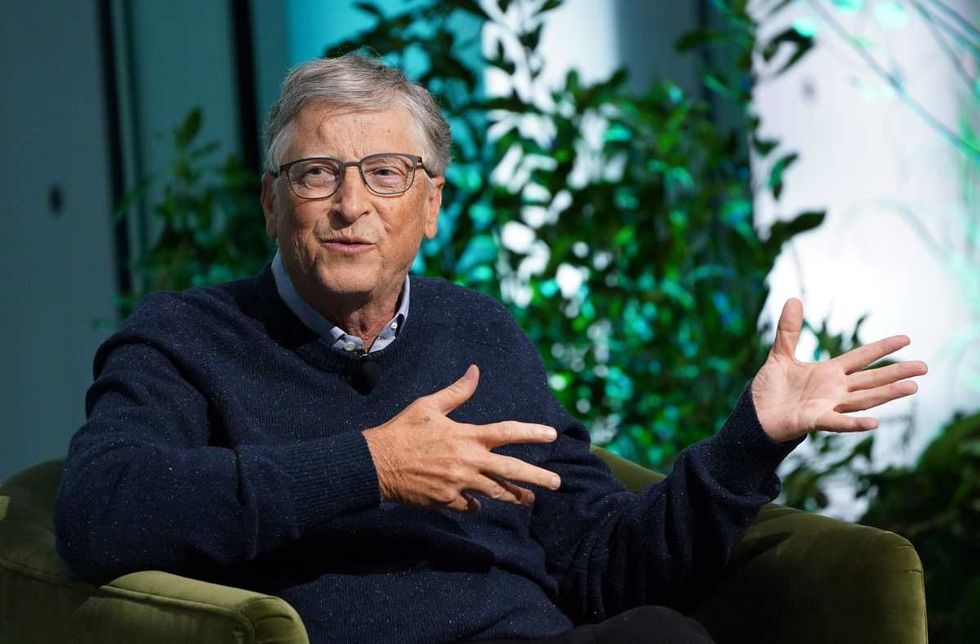
“I think it is pretty smart because, in the end, it's all measured through human welfare,” he said in reply to Ritchie’s answer, and added, “The end goal is not less plastics or even a certain temperature, it’s ‘Are humans thriving?’” He turned the torch and revealed the one question he’d ask if he met a time traveler from 2100. “I have to say if I met this person, I’d sort of want to say, how are you generating energy? Is it fusion or fission or some unexpected thing?”
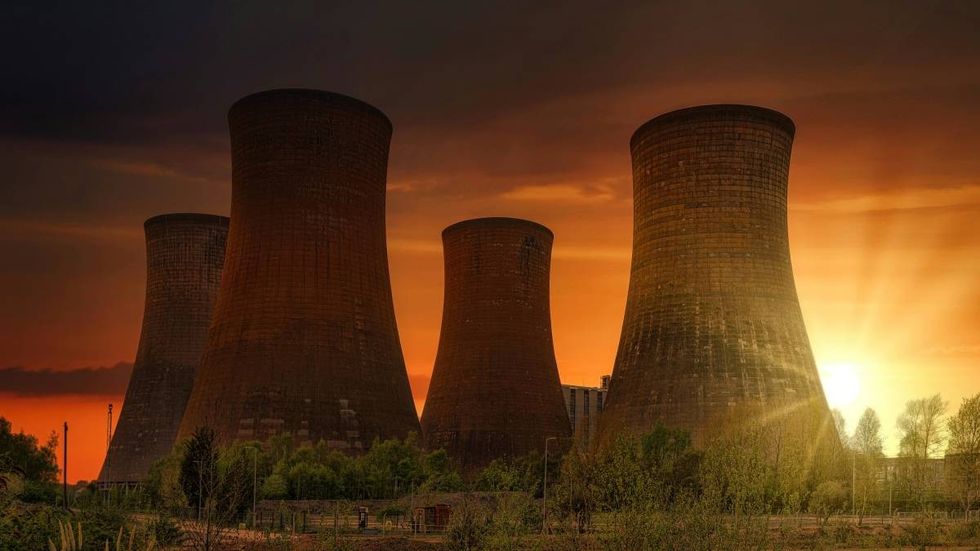
Department of Energy defines “fission” and “fusion” as two “physical processes that produce massive amounts of energy from atoms.” Fission occurs when a neutron slams into a larger atom, forcing it to excite and split into two smaller atoms, which releases massive energy. In contrast, fusion occurs when two atoms slam together to form a heavier atom, which produces energy greater than fission. Among the two, fusion is a more environmentally friendly source of energy, per the International Atomic Energy Agency.
Gates is very active in working on the concerns of environmental degradation, which have been leapfrogging in the last few years. To deal with these, he even co-founded the nuclear energy startup TerraPower in 2006, in addition to Breakthrough Energy. TerraPower is an innovative technology that provides safe, affordable and abundant carbon-free energy.
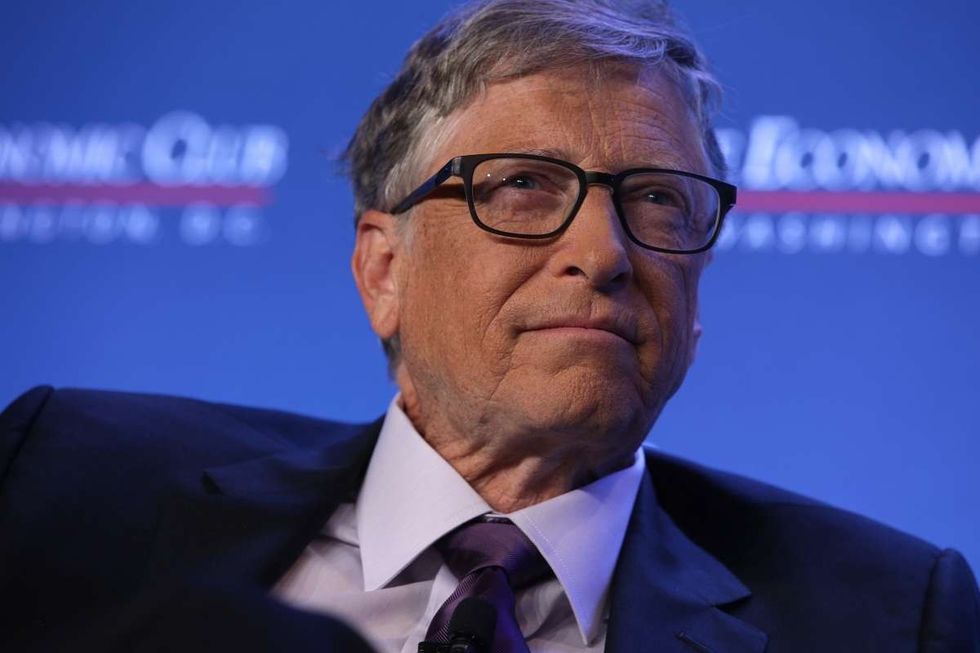
At the same time, the goal is neither to curb plastic pollution nor raise minimum income; it’s all about human welfare. “The report card isn’t the tactics. It’s the quality of life,” Gates said, concluding the podcast.






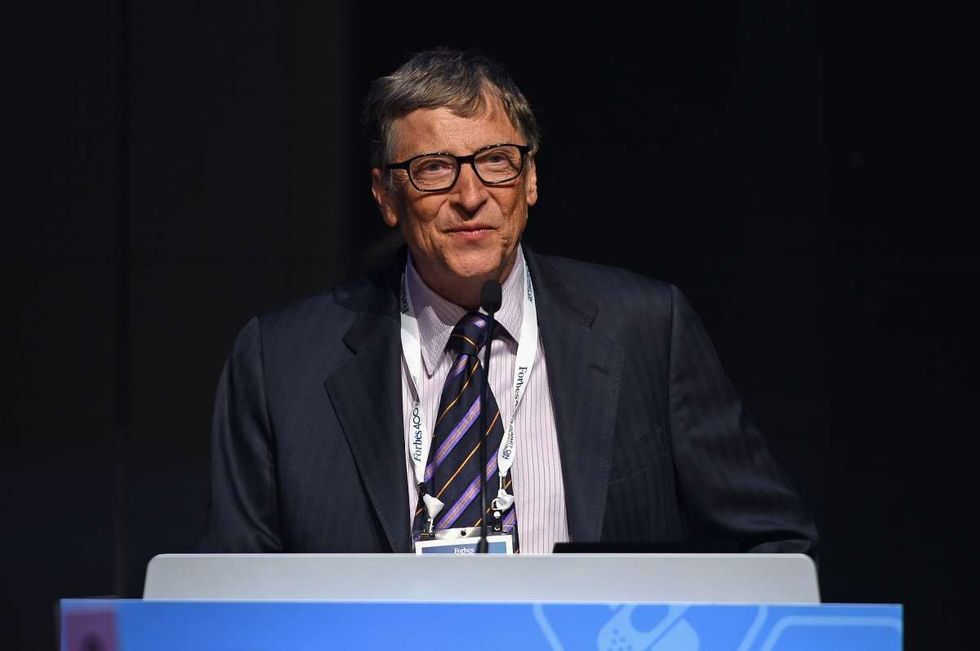












 Representative Image Source: Pexels | Anni Roenkae
Representative Image Source: Pexels | Anni Roenkae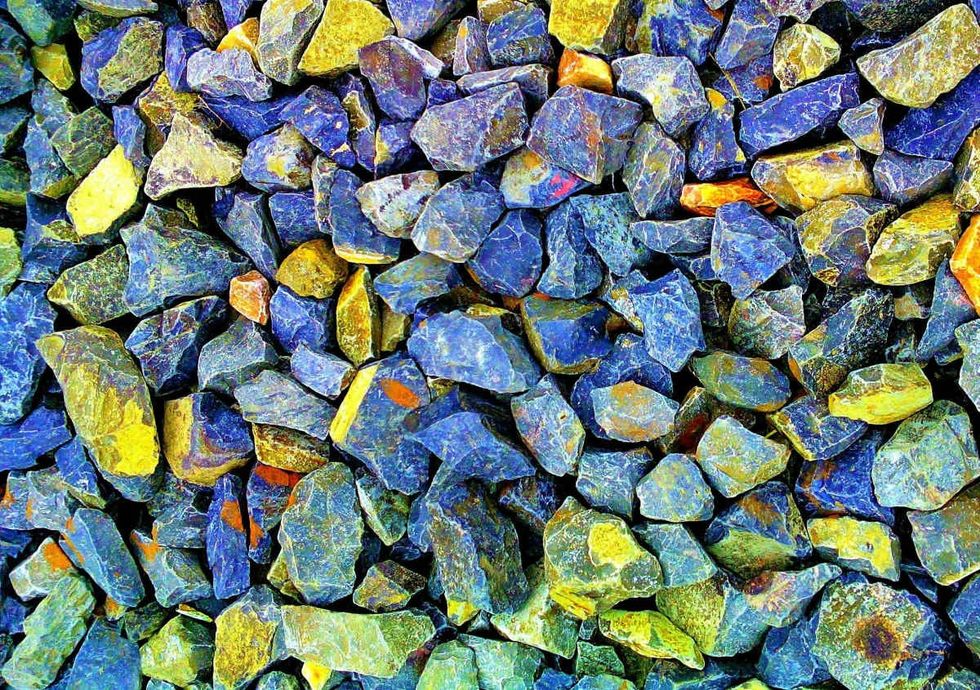 Representative Image Source: Pexels | Its MSVR
Representative Image Source: Pexels | Its MSVR Representative Image Source: Pexels | Lucian Photography
Representative Image Source: Pexels | Lucian Photography

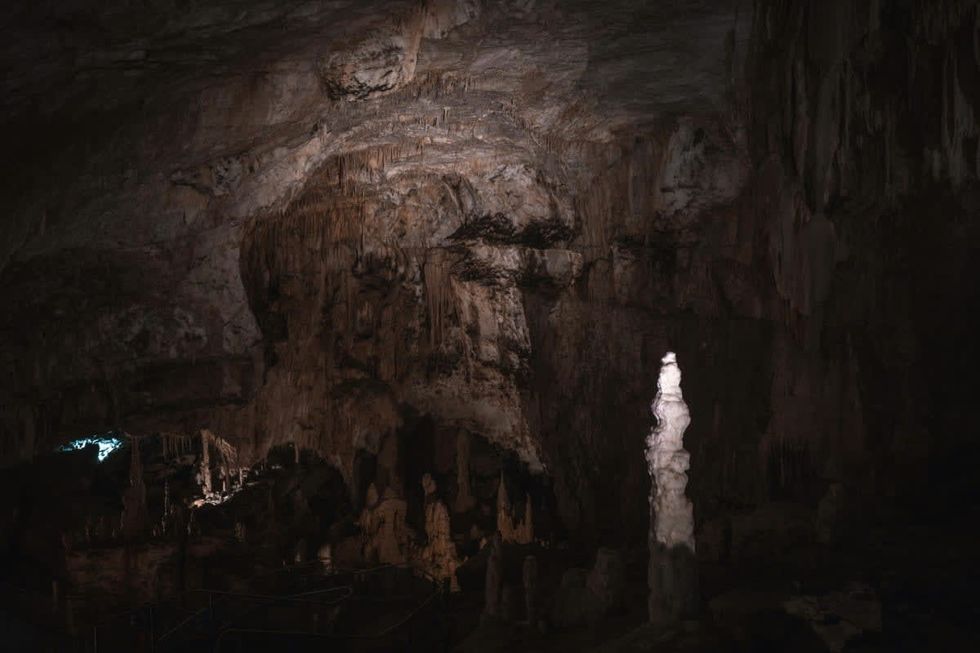 Representative Image Source: Pexels | francesco ungaro
Representative Image Source: Pexels | francesco ungaro Representative Image Source: Pexels | parfait fongang
Representative Image Source: Pexels | parfait fongang Image Source: YouTube |
Image Source: YouTube |  Image Source: YouTube |
Image Source: YouTube |  Image Source: YouTube |
Image Source: YouTube | 
 Representative Image Source: Pexels | Hugo Sykes
Representative Image Source: Pexels | Hugo Sykes Representative Image Source: Sectional view of the Earth, showing central fire and underground canals linked to oceans, 1665. From Mundus Subterraneous by Athanasius Kircher. (Photo by Oxford Science Archive/Print Collector/Getty Images)
Representative Image Source: Sectional view of the Earth, showing central fire and underground canals linked to oceans, 1665. From Mundus Subterraneous by Athanasius Kircher. (Photo by Oxford Science Archive/Print Collector/Getty Images)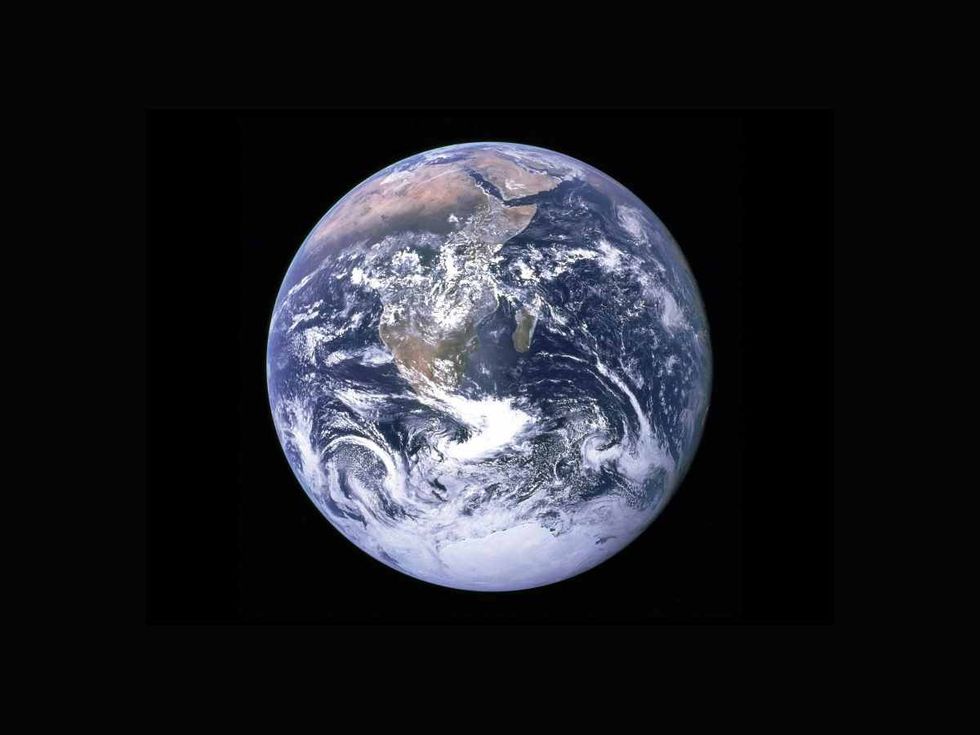 Representative Image Source: Pexels | NASA
Representative Image Source: Pexels | NASA

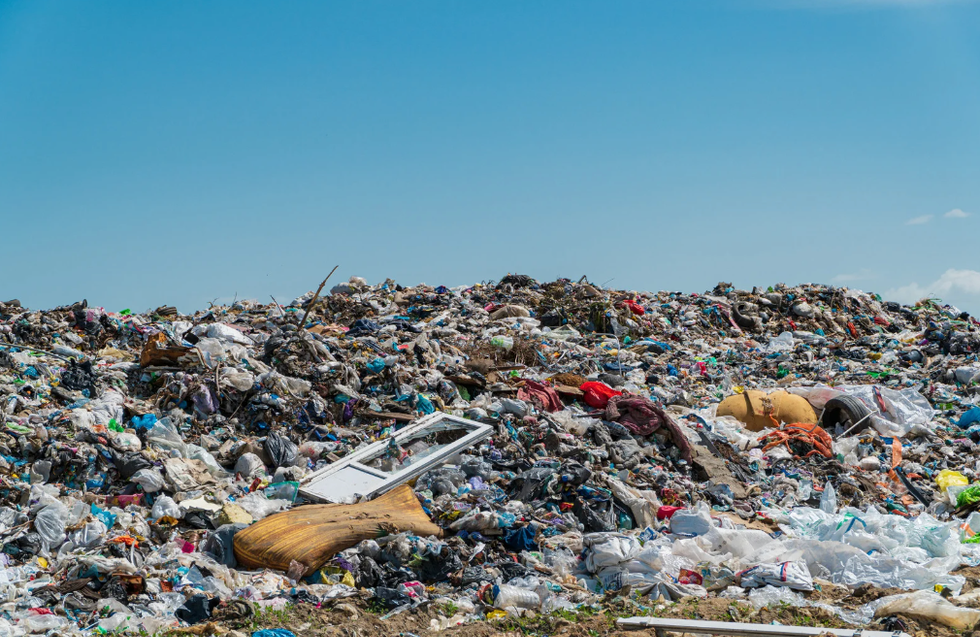


 Representative Image Source: Pexels | Steve Johnson
Representative Image Source: Pexels | Steve Johnson Representative Image Source: Pexels | RDNE Stock Project
Representative Image Source: Pexels | RDNE Stock Project Representative Image Source: Pexels | Mali Maeder
Representative Image Source: Pexels | Mali Maeder
 Photo: Craig Mack
Photo: Craig Mack Photo: Craig Mack
Photo: Craig Mack